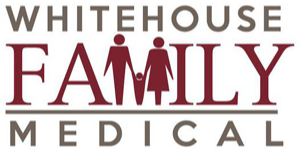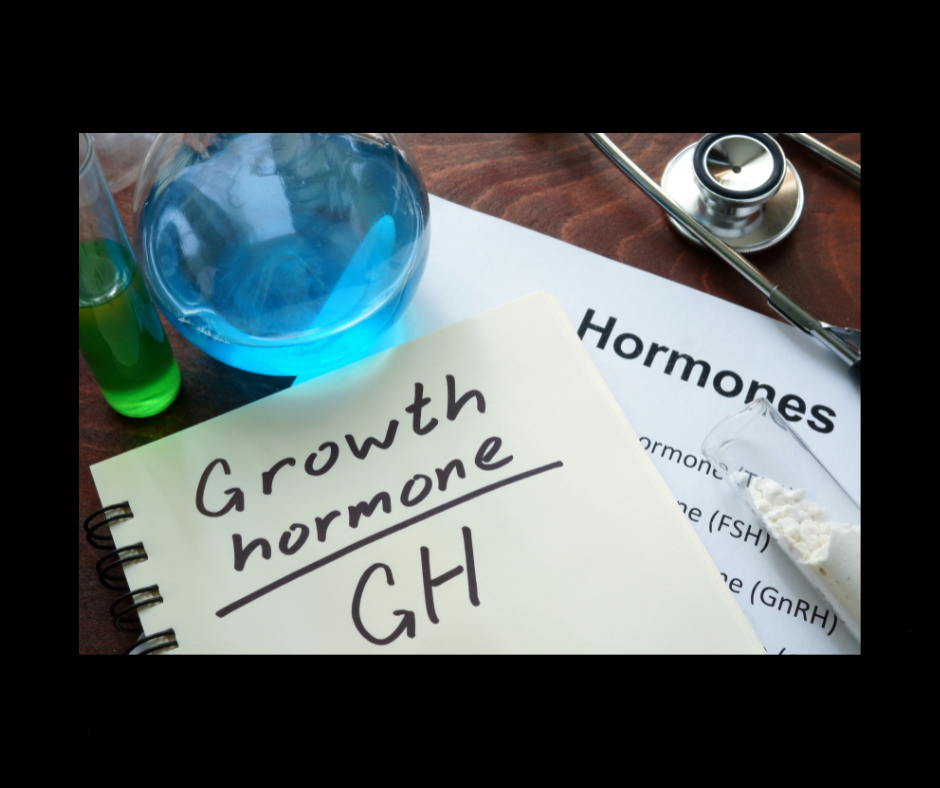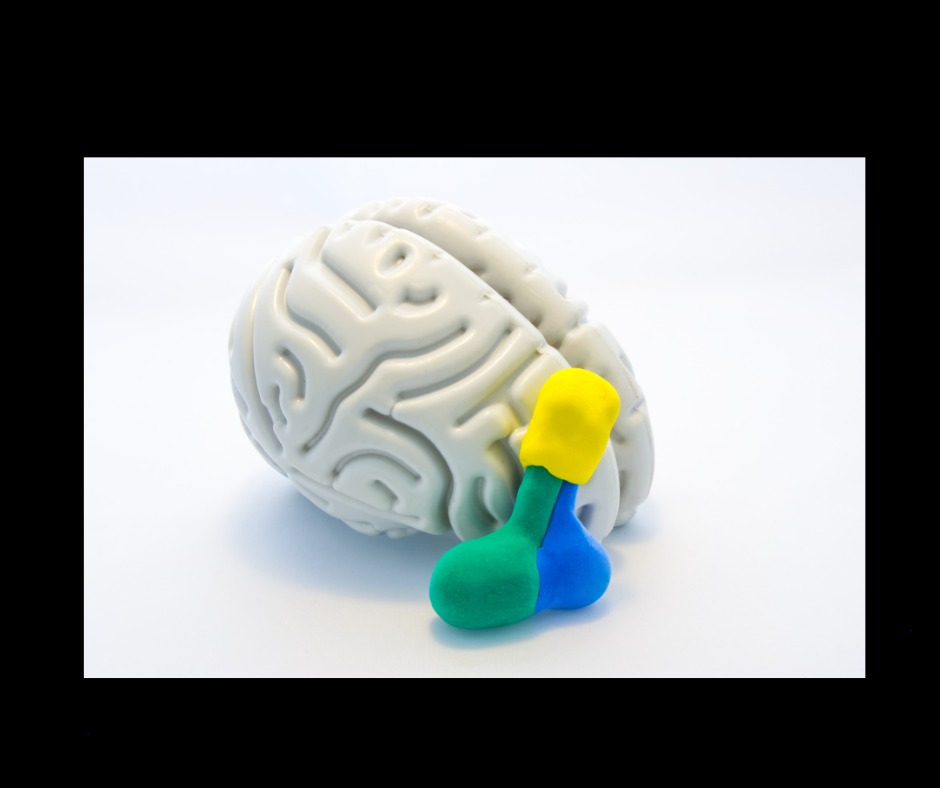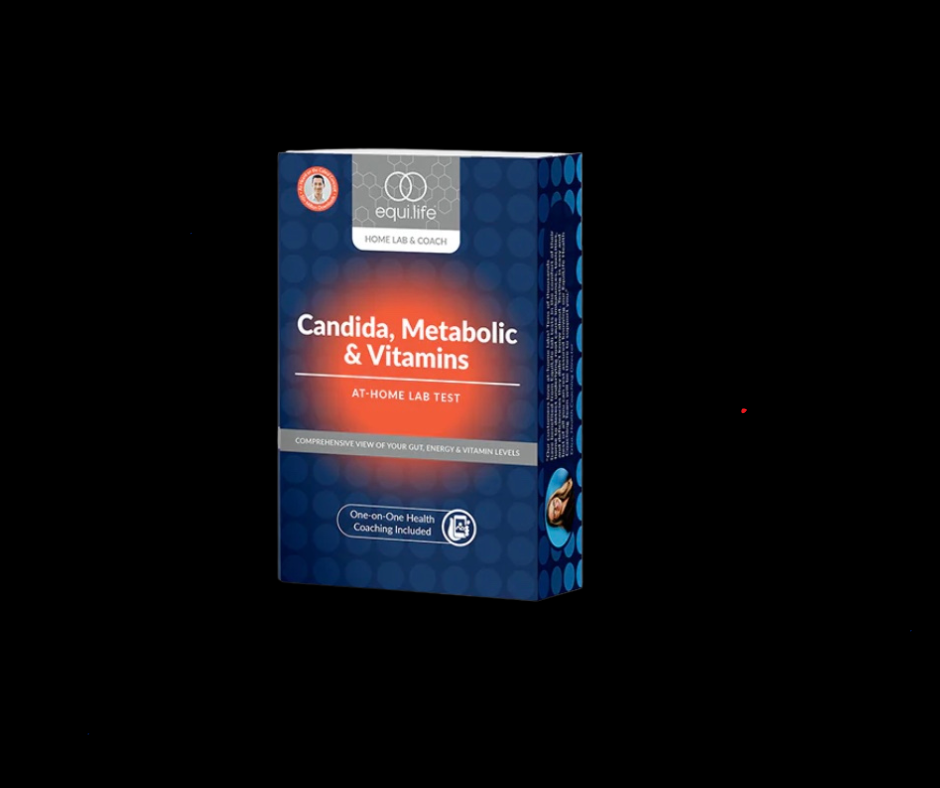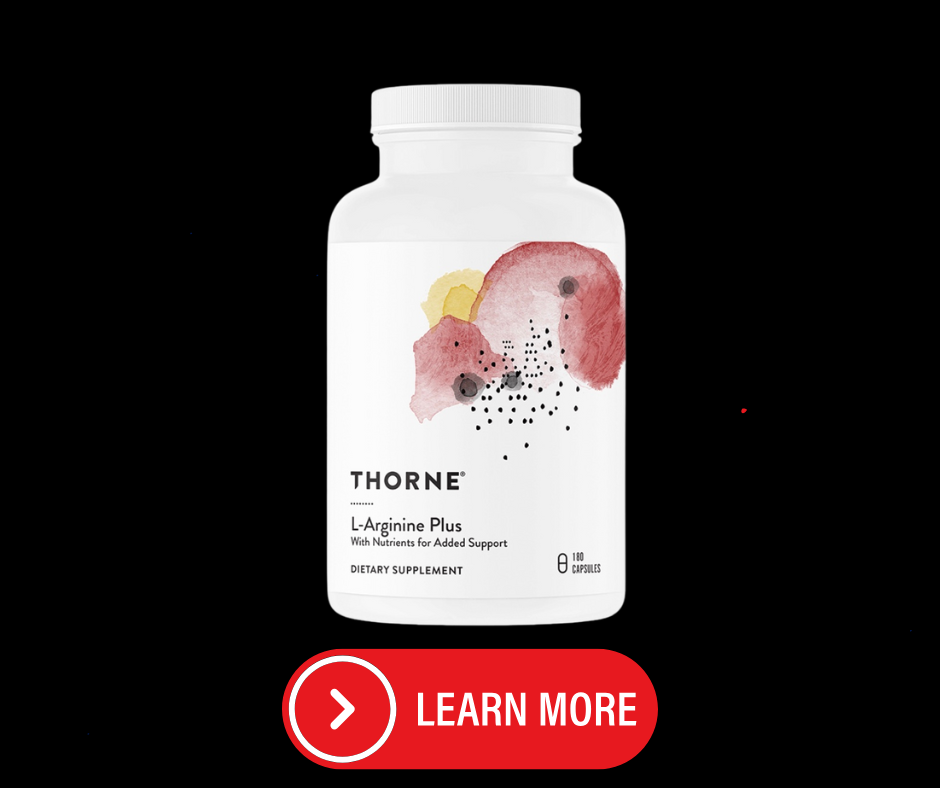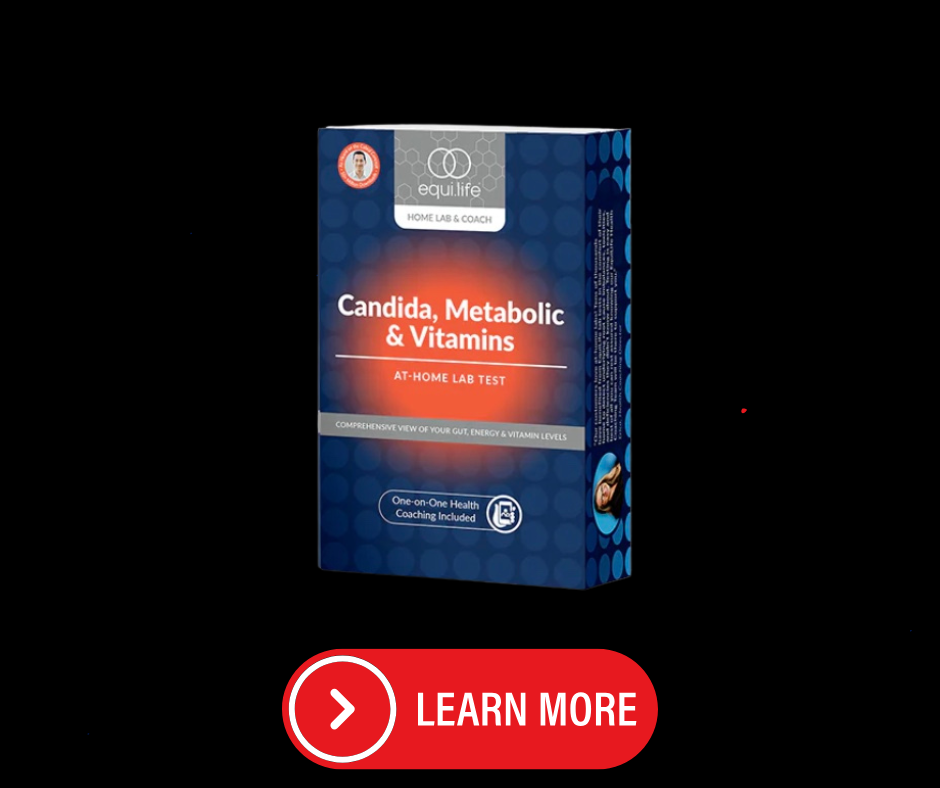Arginine and Human Growth Hormone: A Natural Pathway to Optimal Health
Nov 13, 2024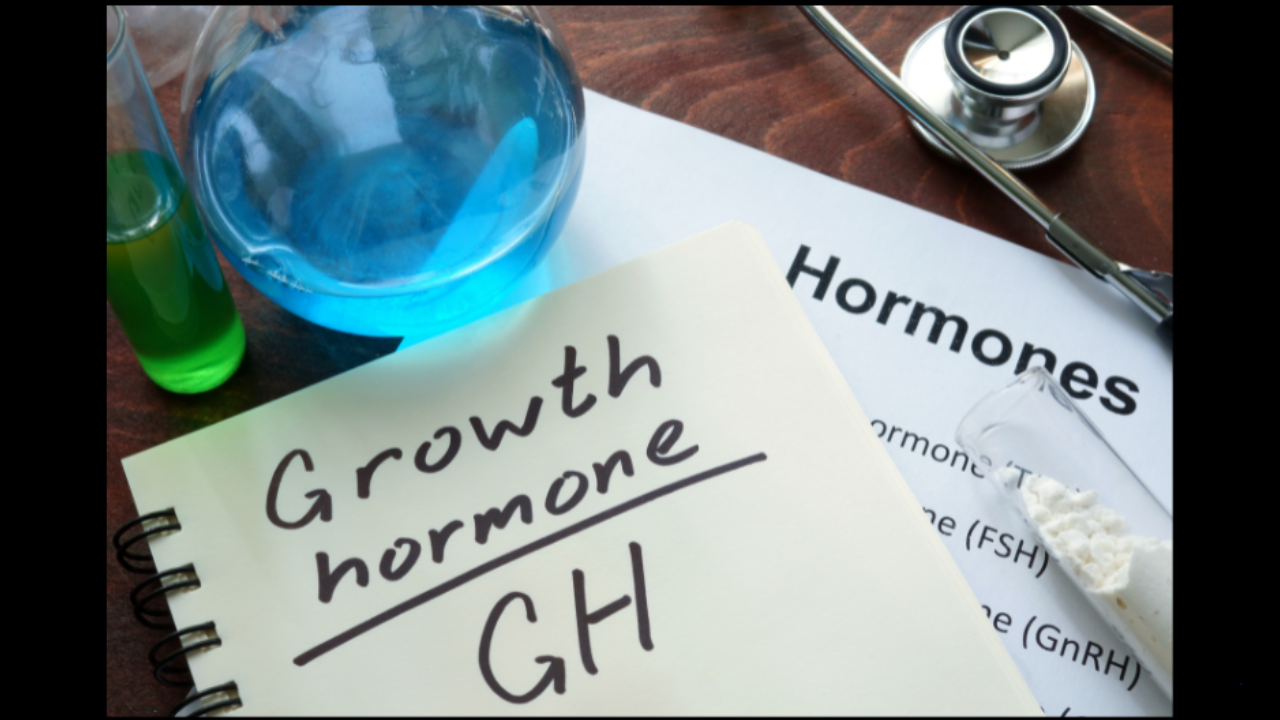
Human Growth Hormone (HGH) plays a crucial role in growth, cell repair, metabolism, and overall vitality. For years, athletes and health enthusiasts have sought ways to naturally stimulate the production of this powerhouse hormone. One compound that has garnered attention in recent years for its potential in boosting HGH is arginine. But how exactly does arginine interact with HGH secretion, and what natural strategies can enhance this process? Let’s dive into the pathophysiology of HGH, the role of arginine, and how you can support your body’s natural HGH production through diet, lifestyle, and functional medicine.
The Pathophysiology: Arginine and Growth Hormone Secretion
To understand how arginine influences HGH secretion, it's important to first grasp the basics of how growth hormone is regulated in the body. Growth hormone is primarily secreted by the pituitary gland, located at the base of the brain. The release of HGH is controlled by the hypothalamus, which produces two key hormones: Growth Hormone-Releasing Hormone (GHRH), which stimulates HGH release, and Somatostatin, which inhibits it.
Arginine plays a central role in modulating these processes. Research suggests that arginine can inhibit somatostatin, the hormone that suppresses growth hormone release. By reducing somatostatin levels, arginine essentially "opens the door" for more HGH secretion from the pituitary gland. This effect is why arginine supplementation is often considered a potential natural method to enhance HGH production, especially in combination with exercise.
Natural Ways to Stimulate Growth Hormone Production
Aside from arginine, there are several natural ways to stimulate the secretion of HGH in the body. Lifestyle choices, sleep hygiene, and nutrition all contribute to optimizing growth hormone levels. Here are some strategies:
-
Exercise: High-intensity interval training (HIIT) and strength training are two of the most effective exercise methods for boosting HGH levels. These exercises stimulate the pituitary gland to release more HGH, particularly when performed in short, intense bursts.
-
Adequate Sleep: Growth hormone is primarily secreted during deep, restorative sleep, especially during the first few hours of the sleep cycle. Aiming for 7-9 hours of quality sleep per night can promote optimal HGH production.
-
Fasting and Intermittent Fasting: Studies have shown that periods of fasting, such as intermittent fasting (e.g., 16 hours of fasting with an 8-hour eating window), can significantly increase HGH levels by reducing insulin and promoting fat breakdown.
Foods That Boost Growth Hormone Secretion
Diet plays a critical role in supporting your body’s natural HGH production. Certain foods can help maximize your body’s ability to release HGH, either by providing the raw materials needed for hormone production or by stimulating key physiological processes. Some research-backed foods include:
-
Protein-Rich Foods: Foods rich in amino acids, such as chicken, turkey, fish, eggs, and beans, provide the building blocks for the body to produce HGH. Amino acids, particularly glutamine and arginine, are essential in stimulating HGH secretion.
-
Melatonin-Rich Foods: Melatonin, a hormone that helps regulate sleep, also has an indirect effect on HGH. Foods like cherries, grapes, almonds, and tomatoes are high in melatonin, and consuming them may help enhance sleep quality, thereby supporting natural HGH production.
-
Healthy Fats: Omega-3 fatty acids, found in fatty fish (like salmon) and flaxseeds, support hormone production, including HGH. A diet rich in avocados, olive oil, and nuts can also provide essential fats for hormone synthesis.
-
Berries and Antioxidants: Blueberries, strawberries, and other antioxidant-rich foods can reduce oxidative stress in the body, supporting a healthy pituitary gland and promoting optimal HGH secretion.
-
Caffeine (in moderation): Some research suggests that moderate caffeine intake (such as a cup of coffee) may help to increase HGH production by stimulating the nervous system.
Functional Medicine Testing for Growth Hormone Imbalances
If you're concerned about growth hormone imbalances, functional medicine offers several testing options that can provide valuable insights into your hormonal health. Organic acids testing (OAT) is one of the most comprehensive tests available. OAT measures a variety of biomarkers in urine that reflect metabolic function, including markers related to growth hormone and other important hormones. It can identify dysfunctions in the body's metabolic pathways, such as poor detoxification or mitochondrial imbalances, that may affect HGH production.
Other functional medicine tests that may be useful in assessing HGH and related hormone levels include:
- Comprehensive hormone panels (serum testing for growth hormone, IGF-1, and related hormones)
- Adrenal stress testing (to assess cortisol imbalances)
- Nutrient deficiency testing (to identify potential vitamin or mineral deficiencies that may impact growth hormone production)
When to Seek an Endocrinologist Referral
While natural methods can help optimize HGH production, there are instances where an underlying medical condition may impair HGH secretion. If you or your child experience the following signs, it may be time to consult an endocrinologist or pediatric endocrinologist:
- Delayed Growth or Development: In children, failure to meet growth milestones or abnormally slow growth rates could indicate a growth hormone deficiency.
- Unexplained Weight Gain or Loss: HGH plays a role in fat metabolism, so significant changes in weight could be a sign of hormonal imbalances.
- Chronic Fatigue: Persistent fatigue, despite adequate sleep and nutrition, may be linked to growth hormone deficiencies or dysfunction.
- Increased Body Fat or Decreased Muscle Mass: HGH helps regulate body composition, and deficiencies can lead to changes in muscle and fat distribution.
An endocrinologist will be able to assess growth hormone levels through blood tests and recommend treatment options if necessary.
Final Thoughts
Arginine plays an important role in stimulating the secretion of growth hormone by inhibiting somatostatin and enhancing the release of HGH. By incorporating strategies like exercise, quality sleep, and HGH-boosting foods into your daily routine, you can support your body’s natural growth hormone production. If you suspect an HGH imbalance, functional medicine testing, including organic acids testing, can provide valuable insights, while a referral to an endocrinologist may be necessary for further evaluation and treatment.
Stay connected with news and updates!
Join our mailing list to receive the latest news and updates from our team.
Don't worry, your information will not be shared.
We hate SPAM. We will never sell your information, for any reason.
